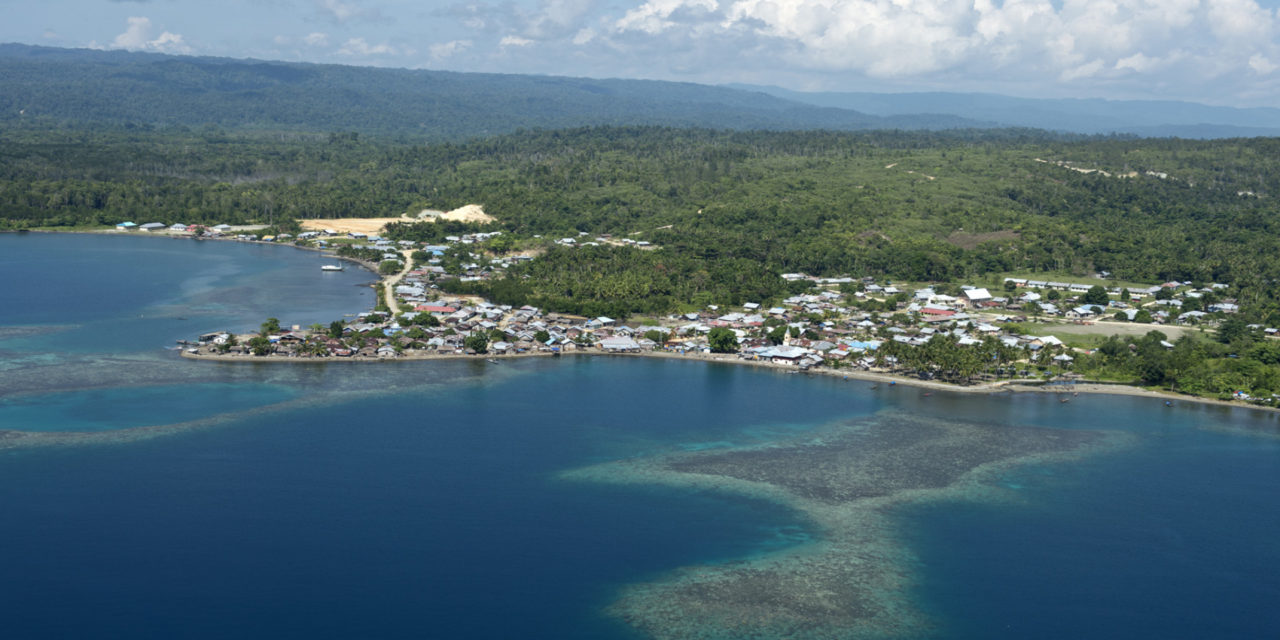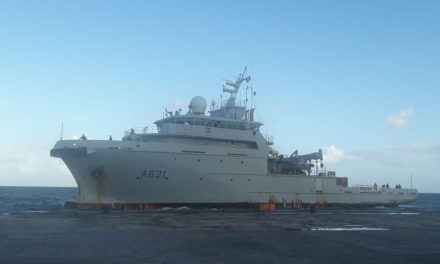According to Roskill, the prestigious London-based consulting firm, Indonesia would have chosen to gradually abandon acid discharges into the sea. The country would opt for the storage of residues on land, in settling ponds.
New metallurgical plants will therefore have to comply with these new requirements, Indonesia’s objective being to reduce the risks of pollution. “Clearly, environmental concerns from all stakeholders involved along the EV battery supply chain are starting to become impossible to ignore,” Roskill wrote.
Environment matters
Tesla’s boss, Elon Musk, said he wanted to prioritize the supply of nickel mined in an environmentally sensitive manner. Musk is not alone. Under pressure from customers who don’t want to be accused of being polluters, the metallurgists will have to review their acid residue process. It is likely that the same policy will apply to Chinese plants. It’s a global trend.
New competitors
New Caledonia is directly concerned by this evolution. If it materializes, it will make new competitors for Vale’s plant in New Caledonia which, until now, boasted of having a cleaner technology than that of its competitors…
The factory located in the south of New Caledonia could even be discredited in the eyes of Elon Musk who wants to use as much decarbonated energy as possible. However, the Prony Energie power station, which feeds the factory, uses… coal.
Photo > Lelilef Camp in Weda Bay, Indonesia. Credit : Eramet





